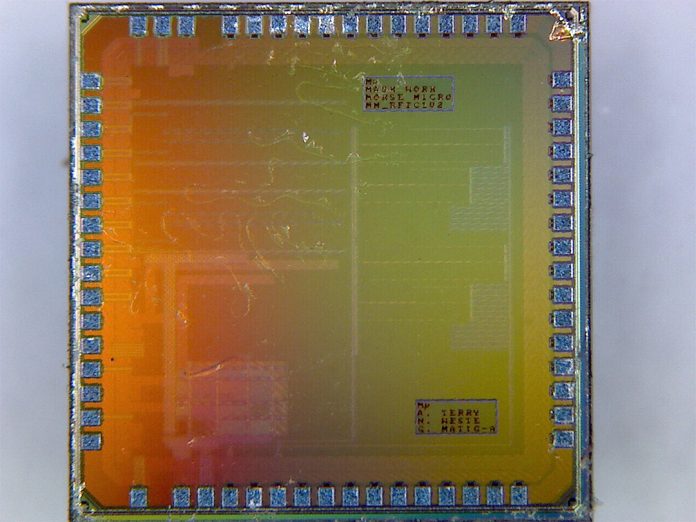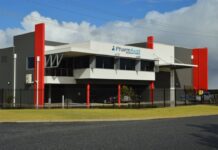
Main Sequence Ventures, manager of the $200 million CSIRO Innovation Fund, has announced investments in several start-up and spin off companies that are developing early stage technologies with potentially lucrative commercial outcomes.
The innovation fund is investing in Q-Ctrl, the developer of quantum computing firmware, and in Intersective, which is developing platforms to connect work and learning.
Beneficiaries also include Morse Micro, which is building the next generation of WiFi chip; and Maxwell MRI, which is working on new ways to diagnose prostate cancer.
CSIRO Chief Executive Larry Marshall said the investment will help Australia to capture the value of science, deliver impact and drive the jobs and industries of the future.
“Australia’s scientists are world leaders, but investing in science driven innovation is hard – it needs the horsepower of Australia’s national science agency behind it,” Mr Marshall said.
“Science can drive change across the economy despite global disruption, improve our nation’s health and sustainability and make business globally competitive. This is a team Australia effort, with the Fund investing in the best ideas across the research community.”
Venture capitalist Bill Bartee, who leads Main Sequence Ventures along with a team of entrepreneurs with extensive experience in science and technology, said the investments will allow many high-potential companies to grow their businesses.
“Our first investments are giving us a great start in backing ambitious entrepreneurs to build important and growing companies,” Mr Bartee said.
“Q-Ctrl has the potential to provide the firmware framework for quantum computers, Morse Micro is building the next generation of WiFi chip, Intersective is using data science to better equip our workers for the future and Maxwell MRI is changing the way we detect and diagnose prostate cancer.”
“This is some of the best and most exciting research from the Australian innovation sector, and we look forward to working with them to realise their potential in the commercial market.”




















